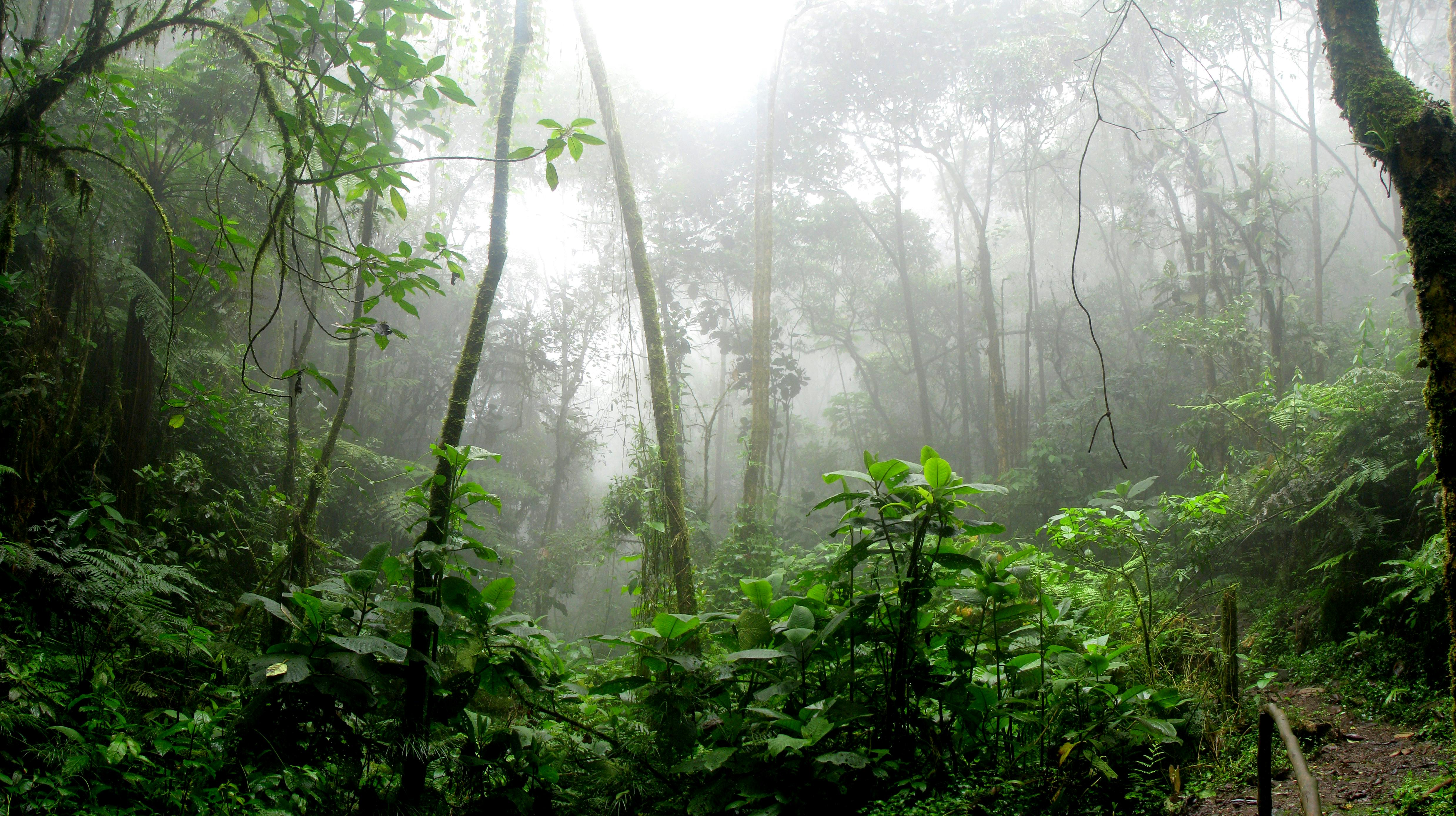 The Amazon Fund (AF) is the world’s most relevant arrangement designed to fund conservation projects and the sustainable use of the Amazon rainforest. In August 2019 Norway, its largest contributor (USD 1.2 billion since its inception in 2008), suspended donations to the Fund in reaction to a decree issued by Brazil's federal administration dissolving the Fund’s steering structure. It was promptly followed by Germany, and the very continuation of the AF has since been in question.
The Amazon Fund (AF) is the world’s most relevant arrangement designed to fund conservation projects and the sustainable use of the Amazon rainforest. In August 2019 Norway, its largest contributor (USD 1.2 billion since its inception in 2008), suspended donations to the Fund in reaction to a decree issued by Brazil's federal administration dissolving the Fund’s steering structure. It was promptly followed by Germany, and the very continuation of the AF has since been in question.
In justifying the decree that ultimately led to the suspension of the Fund, Brazil’s Environment Minister pointed to lack of accountability and poor criteria for the selection of projects. He also took issue with the Fund’s governance, under which representatives of subnational governments and of civil society sat with equal standing alongside those of the federal administration at the Fund’s Guidance Committee. The decision of the Brazilian administration was widely criticized (in the media, by NGOs and in Congress) as contrary to conservationist initiatives, and ultimately aimed at easing environmental protections. Critics repeatedly relied on a 2018 report by Brazil’s Audit Court TCU which had concluded that “in general, the resources of the Fund are being used in an appropriate manner and contributing to the objective for which it was established”.
A sensible path towards salvaging the AF would entail revisiting this review of the Fund’s operations by TCU. As it is, the 58-page 2018 TCU report is, in fact, far from positive with respect to the Fund. It is drafted in the convoluted language that is typical of TCU reports, and some of its key conclusions can indeed be read as laudatory. But its essence clearly is not. Among numerous other flaws, the TCU audit points out to grave shortcomings in the monitoring of projects financed through the AF, including the absence of outside controls over spending, and of tools to measure the effectiveness of the initiatives financed with the Fund’s resources. On January 22, 2020 the Audit Court approved the 2018 Audit Report and mandated a new, specific audit of Brazilian development bank BNDES, which manages the Fund. The mandate of the Court’s auditors, this time, is to investigate potential irregularities incurred by BNDES in managing the AF. Finally, in August 2020 TCU adopted Decision 2181 setting the methodology to be followed by auditors under the new review (which was delayed by the Covid-19 health crisis but is to be resumed in 2021).
While important, the operational problems pointed out by the TCU audit are not difficult to overcome. BNDES can solve them through straight-forward measures, including external audits of projects and over the use of resources. It would also be sensible to implement changes on the Fund’s governance rules. Under the now revoked arrangement, decision-making took place by consensus under a complex, unpractical system. It is reasonable that Brazil’s central government should wish to have a central role in setting policies that impact the Amazon Rainforest; safeguarding mechanisms such as veto powers, on the other hand, can soothe donors’ apprehensions.
Brazil cannot afford to pass up billions of euros in donations; nor can the Amazon Rainforest.
Imagem: David Riaño Cortés/Pexels


































